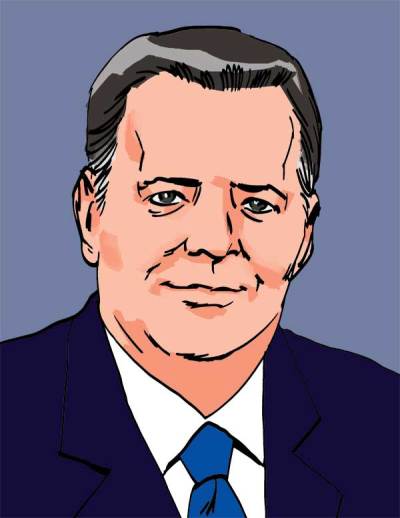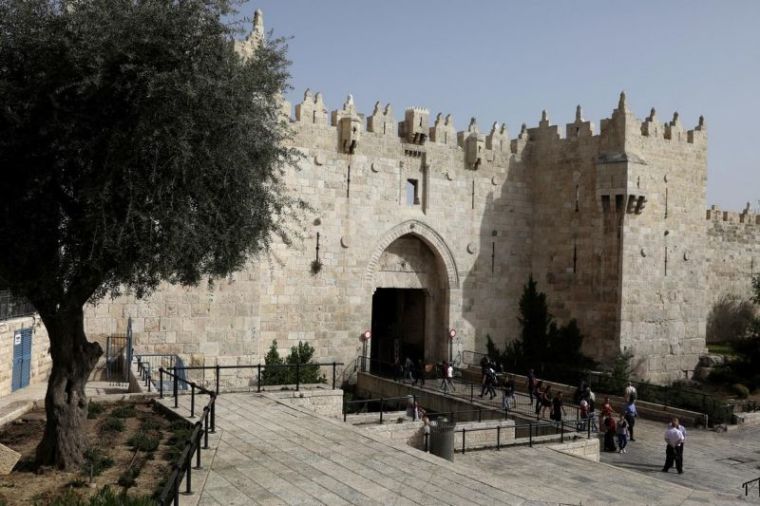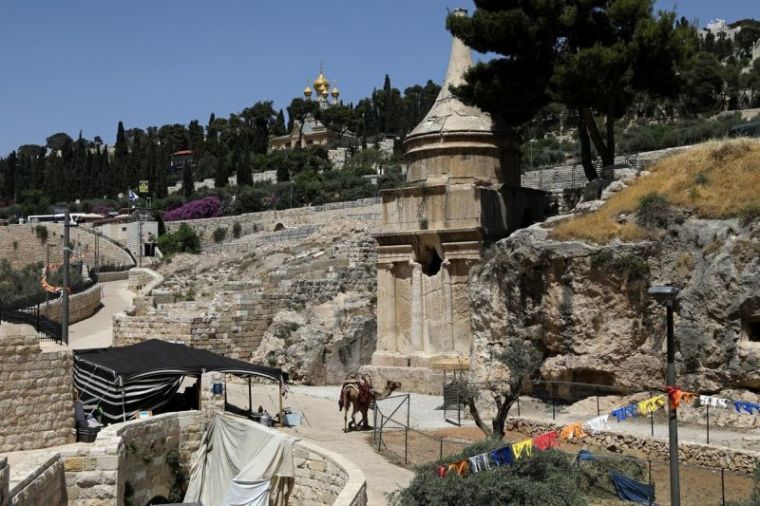Israel, the Holy Land and the Six-Day War: 50 Years Later
I returned Memorial Day from an eight-day trip to Israel sponsored the Philos Project, which is committed "to promoting positive Christian engagement in the Middle East."
It was both and honor and a privilege to visit Israel during such an important strategic, cultural, and political moment in the history of the Holy Land.
The trip focused around the theme of the 50th anniversary of the 1967 Six-Day War and how it transformed Israel and the entire Middle East.

As I was flying over the Atlantic on the way to Israel, I began reading the May 20th edition of the British periodical The Economist, whose cover story was "Why Israel Needs a Palestinian State." The incredible speed with which the entire Middle East changed in one week 50 years ago is beautifully summarized by the cover story in The Economist:
"IN THE BEGINNING they destroyed Egypt's air force on the ground and knocked the planes of Jordan, Iraq and Syria. That was Monday.Then they broke Egypt's massive defences in Sinai. That was Tuesday.Next, they took the old city of Jerusalem and prayed. That was Wednesday. Then they reached the Suez Canal. That was Thursday. They ascended the Golan Heights. That was Friday. Then they took the peaks overlooking the plain of Damascus. In the evening the world declared a cease fire. That was Saturday. And on the seventh day the soldiers of Israel rested."
As The Economist summed it up, "in just six days of fighting in June 1967, Israel created a new Middle East."
The euphoria of 1967's stunning victory has long since faded among Israelis.
I have been to Israel many times and I must say that this trip was the most informative I have yet experienced. We met both with Israeli and Palestinian leaders from across the religious and political spectrum.
It is clear that a significant majority of Israelis are anguished by their need to continue to occupy the Palestinians in the West Bank. As we were told numerous times on this current visit, the Israelis are terribly troubled by the many ways that continued occupation is damaging Israeli culture in brutalizing ways. Such occupation clearly conflicts with their self-image of the Jews having been "people of mercy" for centuries. Yet they are also anguished by the fact that the Palestinian political leadership has turned down peace proposals that would have given them at least 95 percent of what they were demanding and the fact that currently, Hamas has at least 150,000 missiles aimed directly at Israel's Jewish civilian population.
Israel's dominant political center's dilemma was summarized as "we need to get out of this mess and we cannot get out of this mess."
Illustrative of this dilemma is the construction of what Israel and her supporters call the "Security Fence" and their detractors call the "Apartheid Wall." Why did they build the security barrier that runs across the country, separating the Israeli and Palestinian populations? Well, the most basic duty of any civil government is to protect the physical safety of its citizens.
Between 2000 and 2006 there were 4,000 terrorist attacks targeting Israel's Jewish civilian population, resulting in 1,562 deaths. Since 2007, after the Security Fence was constructed, there have been 35 terrorist attacks resulting in 28 deaths. The deep ambivalence of many of the Israelis with whom we visited was palpable, and visible to the most casual observer.
The challenges to a true, lasting and just peace are extremely daunting. However, I was greatly encouraged to meet so many impressive leaders, both Israeli and Palestinian, who were truly dedicated to achieving that caliber of peace for themselves, their children and grandchildren, and for the entire region.
I returned to America with a renewed sense of hope that while such a fair and just future for the entire region will be elusive and difficult, leaders of the three great monotheistic religions, Judaism, Christianity, and Islam, all born in the region, are committed to the pursuit of such an honorable, good and worthy goal. However great the obstacles in their path may be, such dedication and commitment cannot help but improve the future of all the people caught up in the vicious undercurrents and treacherous riptides that whipsaw all those currently living in the Holy Land. I pray such efforts will answer the yearnings of millions of hearts for a more humane and just future.
























